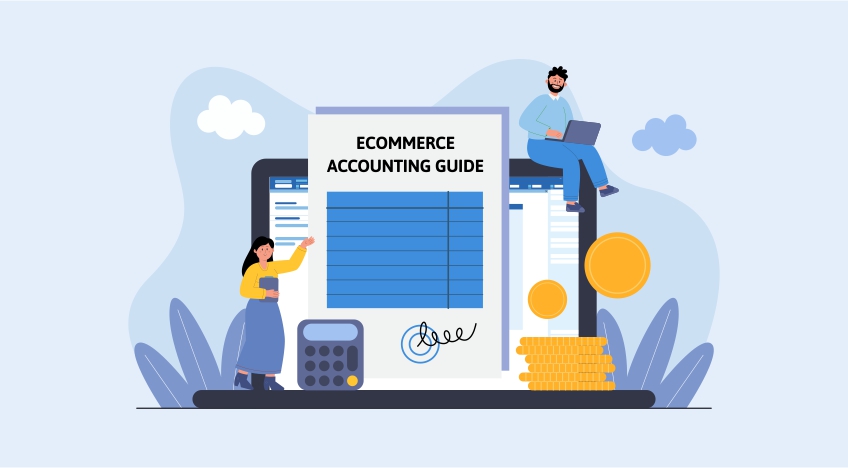
Running an ecommerce business can be rewarding, but managing taxes can be a daunting task. Hiring the right ecommerce tax accountant is crucial to ensure compliance with tax laws and maximize your tax savings. With the complexities of ecommerce taxation, finding a knowledgeable tax professional can help navigate the maze of tax regulations. Here are some tips on how to find the right ecommerce tax accountant for your business.
Understanding Your Ecommerce Tax Needs
Evaluating Your Tax Situation
- Assess the size and complexity of your ecommerce business.
- Determine the states where you have nexus and need to collect sales tax.
- Understand the tax deductions and credits available to ecommerce businesses.
Identifying Your Tax Compliance Requirements
- Ensure compliance with federal, state, and local tax laws.
- Stay updated on changing tax regulations affecting ecommerce businesses.
- File accurate and timely tax returns to avoid penalties and fines.
Qualities to Look for in an Ecommerce Tax Accountant
Experience and Expertise
- Look for a tax accountant with experience in handling ecommerce businesses.
- Check if the accountant is knowledgeable about ecommerce tax laws and regulations.
- Ensure the accountant is familiar with ecommerce platforms and accounting software.
Professional Certifications
- Verify if the tax accountant holds relevant certifications such as CPA (Certified Public Accountant) or EA (Enrolled Agent).
- Professional certifications demonstrate expertise and commitment to upholding professional standards.
- Choose an accountant who participates in continuing education to stay current with tax laws.
References and Reviews
- Ask for references from other ecommerce businesses that the accountant has worked with.
- Check online reviews and testimonials to gauge the accountant's reputation and credibility.
- Seek recommendations from trusted sources in the ecommerce community.
Questions to Ask Potential Ecommerce Tax Accountants
What is your experience with ecommerce businesses?
- Inquire about the accountant's experience in working with ecommerce businesses similar to yours.
- Ask how they stay current with changing tax laws and regulations affecting ecommerce.
How do you handle sales tax compliance for ecommerce businesses?
- Discuss the accountant's approach to sales tax nexus, collection, and remittance for online sales.
- Inquire about their experience with sales tax automation software and tools.
What tax planning strategies do you recommend for ecommerce businesses?
- Seek insights on tax deductions, credits, and strategies to minimize tax liabilities for ecommerce businesses.
- Ask about their approach to tax planning and proactive tax strategies to maximize savings.
Maintaining a Strong Relationship with Your Ecommerce Tax Accountant
Regular Communication
- Stay in touch with your tax accountant throughout the year, not just during tax season.
- Provide updates on any changes in your ecommerce business that may impact your taxes.
Collaborative Approach
- Work together with your tax accountant to address any tax issues or questions that arise.
- Be proactive in seeking advice on tax planning and compliance matters.
Annual Tax Review
- Schedule an annual tax review with your accountant to assess your tax situation and plan for the upcoming year.
- Review your financial statements, sales records, and tax documents for accuracy and completeness.
By finding the right ecommerce tax accountant for your business and maintaining a strong relationship, you can navigate the tax maze with confidence and ensure your ecommerce business remains compliant and financially healthy.